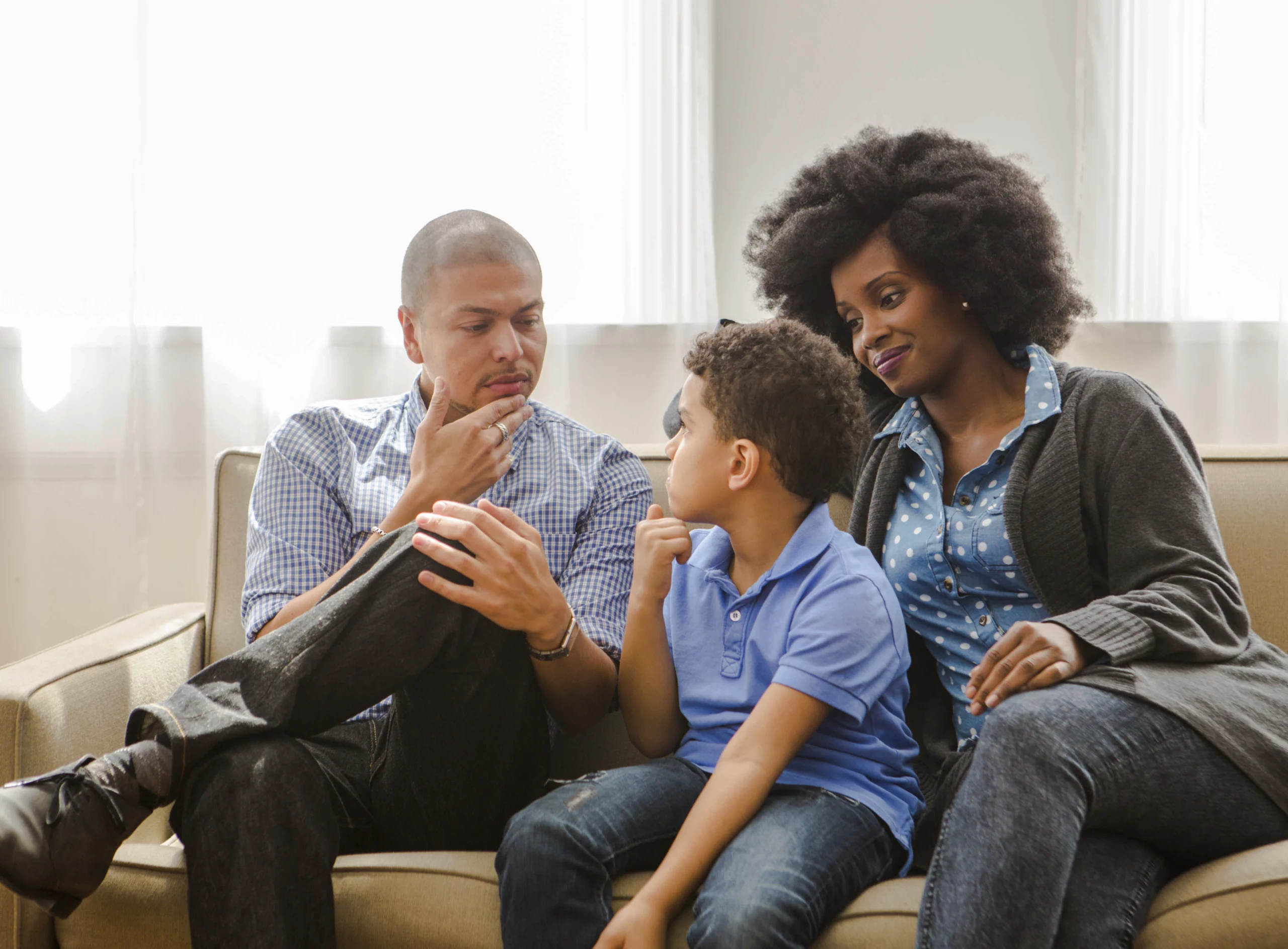Divorce is a complex and emotionally challenging process, especially when children are involved. Mediation serves as a crucial tool in easing the transition, with a primary focus on the well-being of the children and the co-parenting relationship. Clear agreements reached before divorce, particularly regarding co-parenting, are essential to ensure stability and minimize future conflicts. Effective communication, consistency, flexibility, and the ability to resolve conflicts constructively are key components in managing life after divorce. Seeking emotional support and, if necessary, legal assistance can further facilitate this challenging journey toward co-parenting success.
Co-parenting is a significant responsibility that continues even after a romantic relationship has ended. It involves collaborating with your former partner, even if you’re not on good terms, to make decisions about the care of your children. This includes important aspects of their lives, such as where they live, go to school, spend vacations, and more. Co-parenting also extends to making agreements about screen time, college plans, and other aspects of your child’s upbringing. It’s about working together to ensure your child’s well-being, despite any personal differences you may have. This collaborative approach is crucial for your children’s emotional and social stability as they adapt to the changes that come with divorce and shared custody arrangements.
Common Issues That Can Arise During or Before Co-parenting
- Differences in Opinion: Parents may have conflicting views on what’s best for their child, leading to disagreements on issues such as custody arrangements, education, or medical decisions.
- Societal Pressure: The stigma and societal expectations related to divorce can create added stress and guilt for parents, who may worry about the impact on their child’s well-being.
- Different Parenting Styles: Parents often have distinct parenting styles, which can lead to disagreements on discipline, rules, and routines for the child.
- Blame Game: Feelings of resentment or blame between former partners can hinder effective communication and cooperation in co-parenting.
- Trust Issues: Trust may be eroded due to the breakdown of the romantic relationship, making it challenging to collaborate and share responsibilities.
- Financial Disputes: Disagreements about child support, school expenses, extracurricular activities, and other financial aspects of raising a child can strain co-parenting relationships.
- Co-Parenting with Complex Personalities: Co-parenting with someone who has personality disorders, such as narcissism, can be particularly challenging, as it often involves manipulative or controlling behavior.
Addressing these issues typically requires open communication, compromise, and, in some cases, professional assistance through mediation to create a healthier co-parenting dynamic for the well-being of the child.
Role of a Mediator in Fostering Effective Co-parenting Plans
A mediator plays a crucial role in the development and implementation of co-parenting plans. Here are some of their key functions:
- Facilitating Communication: The mediator creates a conducive environment for constructive discussions between parents on important matters related to their child’s upbringing, such as visitation schedules, holidays, education, and health. They ensure that both parties have the opportunity to express their concerns and preferences.
- Providing Expert Guidance: Drawing upon their experience and expertise in family dynamics and child psychology, mediators offer informed solutions to co-parenting challenges. They can suggest strategies and approaches that are in the best interests of the child.
- Modifying Parenting Plans: Mediators can assist in making necessary modifications to existing parenting plans as circumstances change. This includes addressing issues like changes in custody arrangements or child support agreements.
- Legal Insight: While not providing legal advice, mediators can offer a basic understanding of the legal aspects of co-parenting and divorce, helping parents navigate the process and make informed decisions.
- Neutral Perspective: Mediators remain neutral and impartial, focusing on the best interests of the child. They don’t take sides but instead work to find common ground and mutually beneficial solutions. Their neutrality ensures that neither parent feels unfairly treated.
- Conflict Resolution: Mediators are skilled in conflict resolution and communication techniques. They guide parents in resolving disputes amicably and encourage effective co-parenting strategies.
- Documentation: Mediators help in documenting the agreed-upon terms and parenting plans, which can provide clarity for both parents moving forward.
Tips for Creating Effective Co-parenting Plans
- Create a Coherent Plan: Develop a clear and detailed co-parenting plan that outlines custody arrangements, visitation schedules, and responsibilities. Having a written agreement can help prevent misunderstandings and conflicts.
- Consistency is Key: Try to maintain consistent rules and routines between both households. This can provide stability and predictability for your child, which is essential during a time of change.
- Open Communication: Keep the lines of communication open with your co-parent. Share important information about your child’s life, such as school events, medical updates, and extracurricular activities. Utilize tools like co-parenting apps or shared calendars to help facilitate communication.
- Respect Each Other’s Time: Be punctual and respectful of each other’s time when it comes to drop-offs, pick-ups, and visitation schedules. Being considerate in this regard can reduce stress and tension.
- Avoid Using Your Child as a Messenger: Communicate directly with your co-parent rather than using your child as a go-between. It’s not fair to burden your child with adult discussions or conflicts.
- Support Your Child’s Relationship with the Other Parent: Encourage your child to have a positive relationship with their other parent. Avoid putting your child in a position where they feel they have to choose sides.
- Be Flexible: Life is unpredictable, so be willing to adjust schedules or arrangements when necessary. Flexibility can help reduce stress and adapt to changing circumstances.
Looking for a amicable approach to your divorce? Let’s schedule a brief call to explore your available options.



